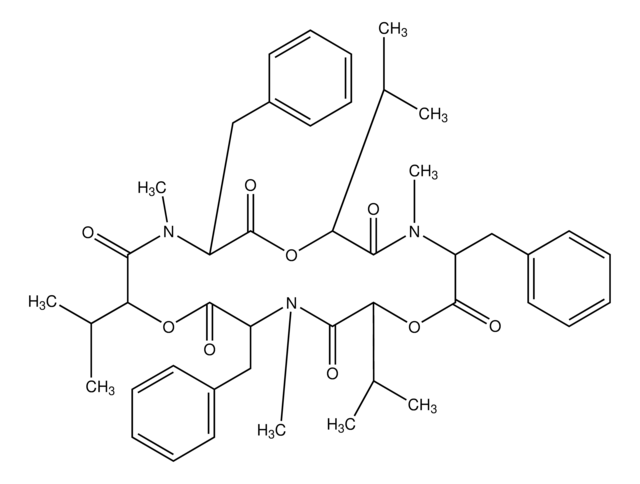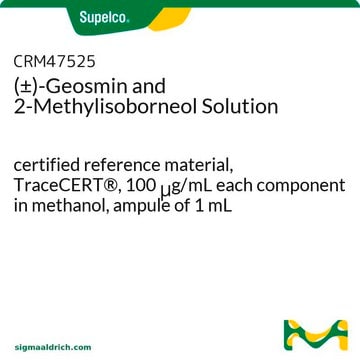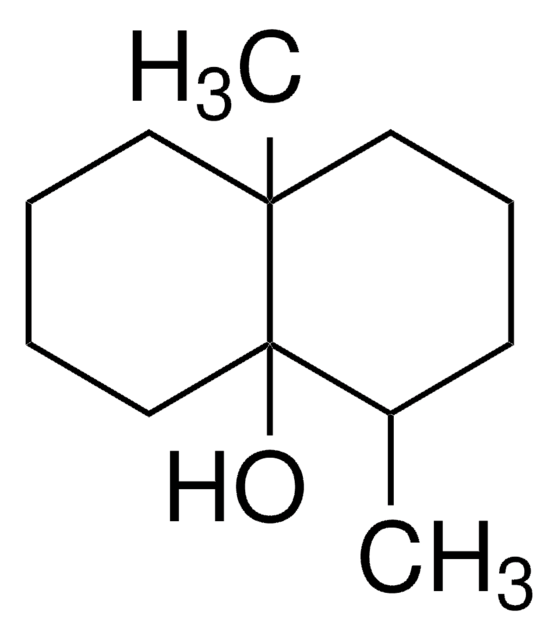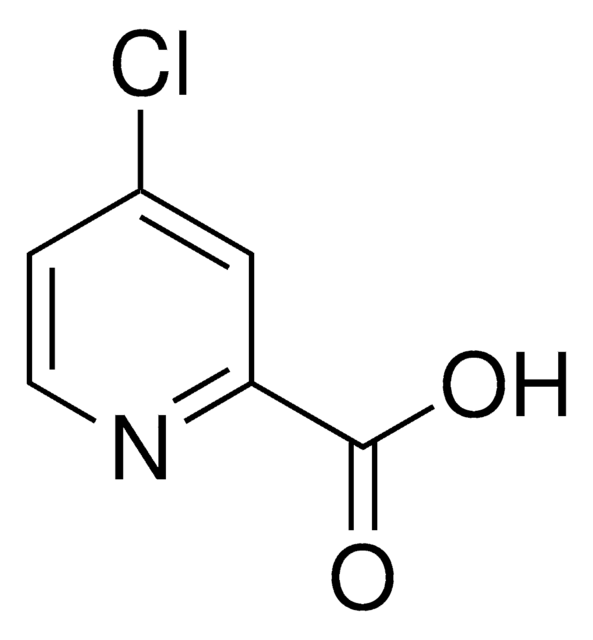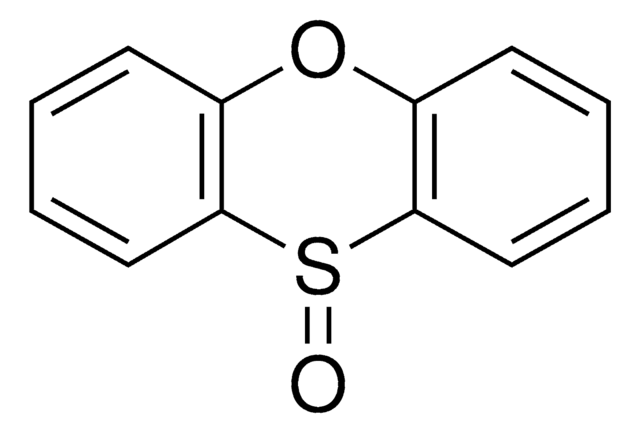55952
Fusaric acid
for HPLC derivatization, ≥99.0% (HPLC)
Synonyme(s) :
5-Butylpicolinic acid, 5-Butylpyridine-2-carboxylic acid
About This Item
Produits recommandés
Qualité
for HPLC derivatization
Niveau de qualité
Essai
≥99.0% (HPLC)
Technique(s)
HPLC: suitable
Chaîne SMILES
CCCCc1ccc(nc1)C(O)=O
InChI
1S/C10H13NO2/c1-2-3-4-8-5-6-9(10(12)13)11-7-8/h5-7H,2-4H2,1H3,(H,12,13)
Clé InChI
DGMPVYSXXIOGJY-UHFFFAOYSA-N
Vous recherchez des produits similaires ? Visite Guide de comparaison des produits
Description générale
Application
Faites votre choix parmi les versions les plus récentes :
Certificats d'analyse (COA)
Vous ne trouvez pas la bonne version ?
Si vous avez besoin d'une version particulière, vous pouvez rechercher un certificat spécifique par le numéro de lot.
Déjà en possession de ce produit ?
Retrouvez la documentation relative aux produits que vous avez récemment achetés dans la Bibliothèque de documents.
Notre équipe de scientifiques dispose d'une expérience dans tous les secteurs de la recherche, notamment en sciences de la vie, science des matériaux, synthèse chimique, chromatographie, analyse et dans de nombreux autres domaines..
Contacter notre Service technique

